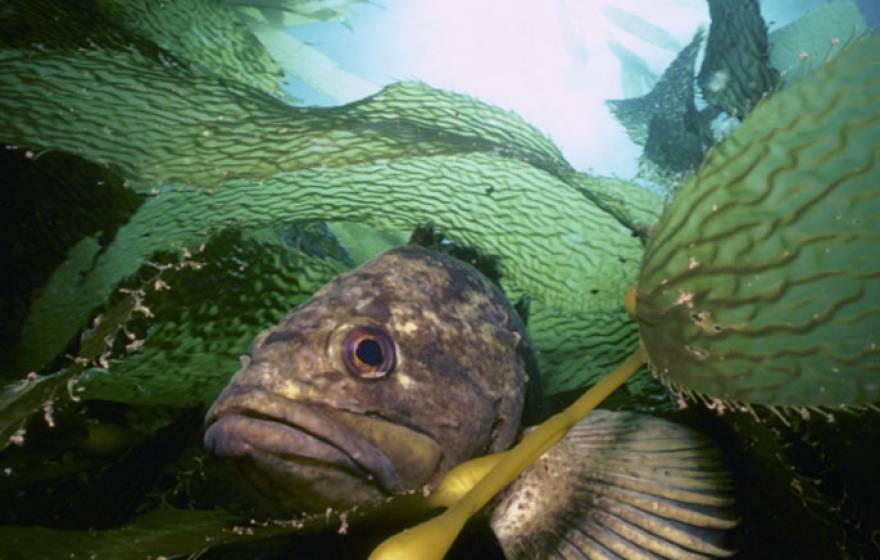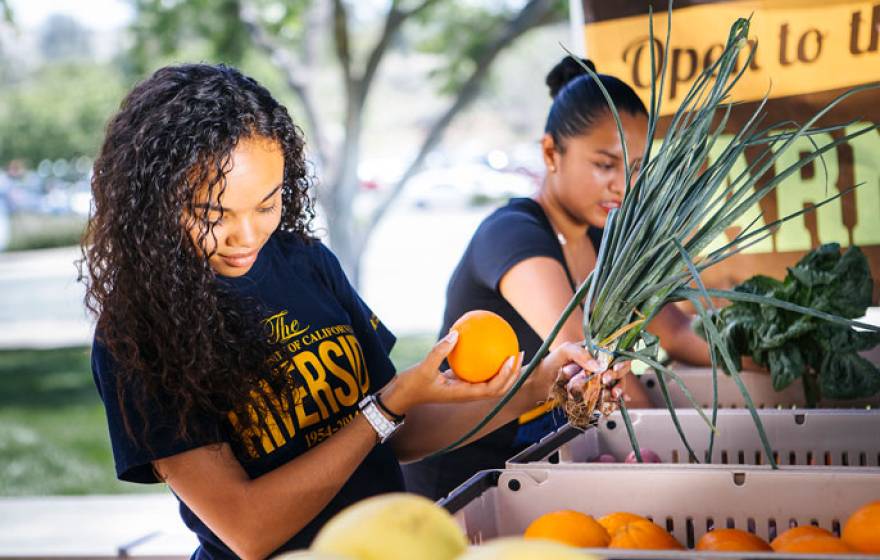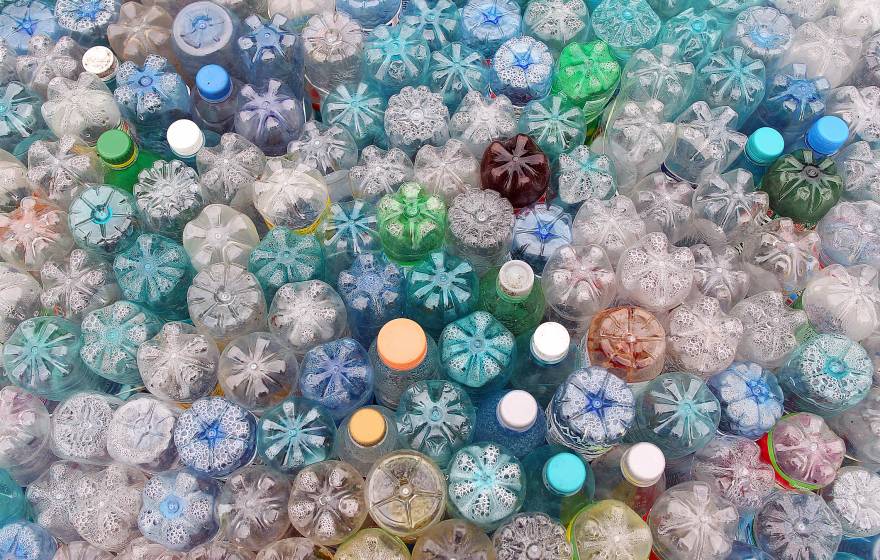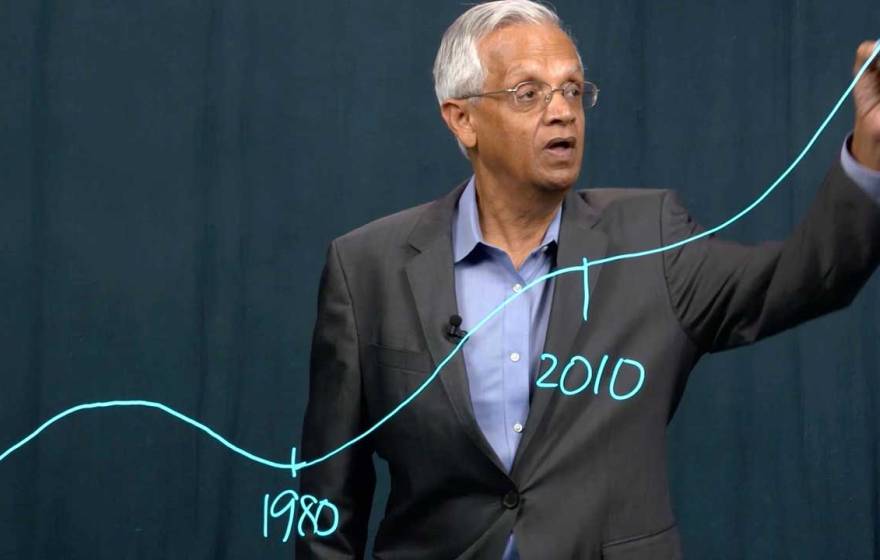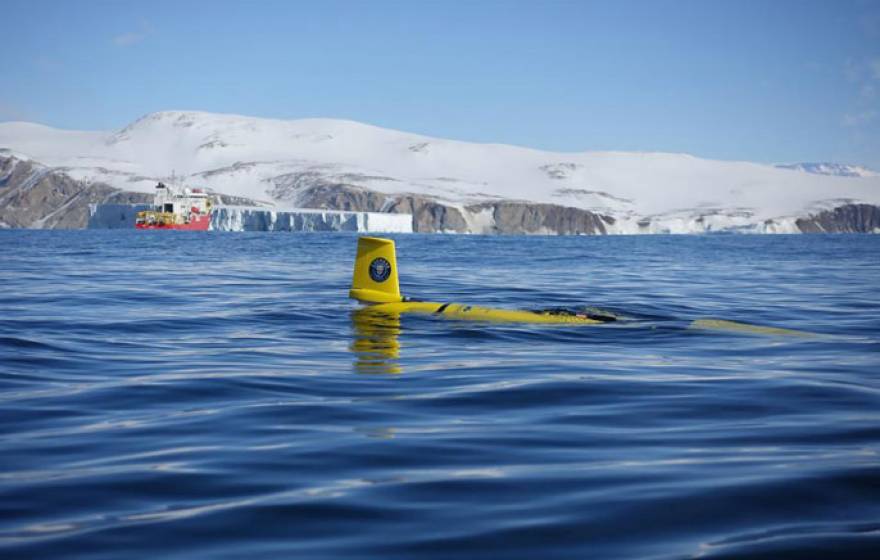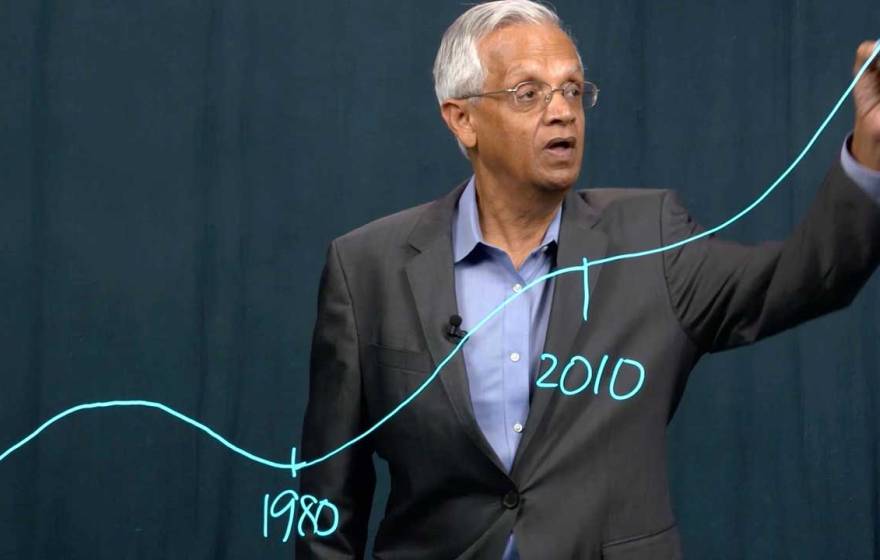Two new reports find that cutting CO2 emissions will not be enough to stop catastrophic global warming, but we have more tools at our disposal.
How UC research led to a landmark global deal against superpollutants
More than 170 countries will phase out HFCs, based on seminal research by a UC San Diego atmospheric scientist.
Marine animals more vulnerable to global warming than those on land, study says
An international team of scientists finds the ocean is changing more dramatically than land.
Can 1.5 million college students address climate change?
Some of the largest universities in Mexico, Canada and the U.S. have pledged to spur local action in their communities.
How do we break our addiction to plastic?
More than 8.3 billion metric tons (9.1 billion tons). That’s the amount of plastic humans have created since the large-scale production of synthetic materials began in the early 1950s. It’s enough to cover the entire country of Argentina, and most of the material now resides in landfills or in the natural environment.
Can behavioral psychology help stop food waste?
Sustainable dining is a huge deal on college campuses today, and the University of California, Santa Barbara is no exception. In fact, for years they’ve been taking an innovative approach towards reducing food waste by using behavioral psychology techniques to help diners reduce waste, often without even knowing it.
Quiz: Do you know how your diet affects the planet?
Can farmed fish feed the world sustainably?
The world’s population is expected to soar by an additional 2.5 billion people by 2050, bringing a host of global challenges – including how to feed so many hungry mouths.
New multicampus course gets students involved in practical climate change solutions
Students at six UC campuses can learn how to fight climate change from top experts across the UC system.
The window is closing to avoid dangerous global warming
Climate change poses an existential risk to humanity, and the risk is rising, according to new UC research.
Beneath the ice
An underwater robot explores inhospitable waters to help predict how and when Antarctic ice shelves collapse.
The war on climate change: Are we at a new tipping point?
For four decades UC San Diego atmospheric scientist Veerabhadran "Ram" Ramanathan has warned that carbon dioxide and other emissions from human activity are heating up the planet. One of the first scientists to predict global warming, his models of rising temperatures have proved remarkably accurate.


